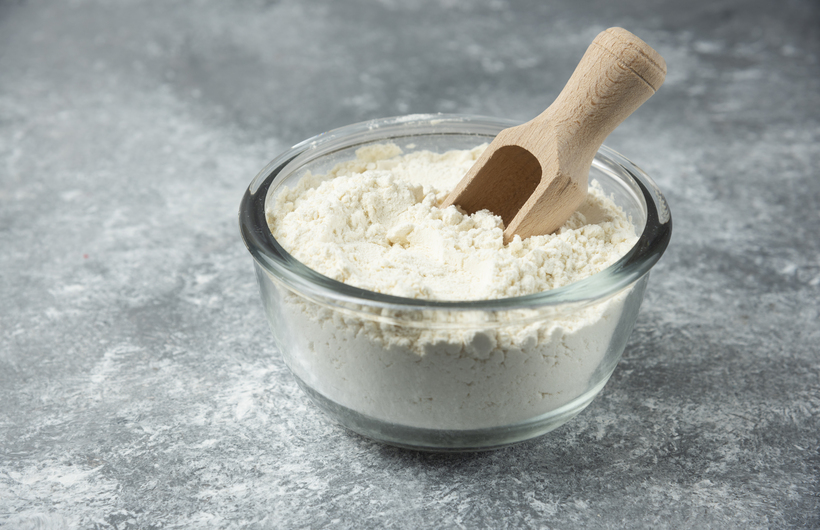09 March 2022
how does we make paneer processing hassle free?

What is Paneer and its uses?
Paneer – also called Cottage cheese in English is one of the most important dairy products in India and is used widely as an ingredient in North Indian vegetarian cuisine – because of the abundance of dairy and dairy products. It is a type of cheese that has a sweet taste and matches the Indian palette perfectly and many Indian dishes are famous in the world with Paneer as the main ingredient.
An interesting thing to note here is about the consumption & Paneer consumption is growing in India by 10-12 % each year. Not just in India, but Paneer is famous in many Asia Pacific countries like India, Bangladesh, Pakistan, etc.
However, the production is now spreading throughout the world, i.e., even though cheese manufacturing is widely famous in other parts of the Western world, manufacturing cottage cheese, i.e. Paneer is a recent phenomenon.
Is Paneer demand increasing?
There are several reasons for the growing demand for Indian cheese and its consumption. There are changing food habits, increasing fast-food chains, and consumption of pasta, pizzas, and easy availability of raw materials such as milk.
The increasing trend of vegetarianism has also led to an increased demand for Indian soft cheese which is used as a substitute for meat in many dishes.
With the growth in the dairy industry, many avenues are opening up in India. In addition, therefore, starting a small-scale paneer manufacturing project is highly lucrative for new and small entrepreneurs. If they are already in the dairy business, starting paneer processing is easier with the help of the existing process. And for any help needed, we are here to help you.
Paneer Manufacturing Process Steps:
Milk sources: Traditionally, paneer is made from cow, goat, and buffalo milk in India. However, buffalo milk is preferred in the production process because of its high solid content which results in a better final product.
Warming the Milk: The milk is cooked over medium heat after being placed into a big pot or pan with a heavy bottom. To avoid burns, it's crucial to heat the milk gradually.
Acidification: when the milk reaches a specific temperature, around 85–90°C or 185–194°F, it is mixed with an acidic ingredient to start curdling. Usually, vinegar or lemon juice is added, however, some commercial makers could use citric acid instead. The acid aids in separating the liquid whey from the solid curds.
Curd Formation: Curds are formed when the hot milk mixes with acid, causing the milk proteins to coagulate. The curds & whey will begin to separate. Usually, that process takes a few minutes.
Emptying and Pressing: Using cheesecloth or a fine-mesh strainer, the curds are gently poured or strained out of the whey once they have formed. After that, the curds are pressed into a mold or covered with cheesecloth to squeeze out extra whey and form the paneer into a slab or block. Depending on the desired paneer firmness, this pressing procedure can take one to three hours.
Setting and Chilling: The paneer block is taken out of the mold and left to cool either at room temperature or in the refrigerator after pressing. The paneer sets and gets firmer with cooling.
Slicing and Packaging: The Indian soft cheese is usually sliced or cubed into the appropriate size once it has cooled and set. After that, the paneer cubes are packaged for consumption or sale.
What is GOMA's expertise in Paneer making?
Goma can offer in small, medium, to large sizes depending on the requirements of the business.We offer individual equipment, Individual process modules as well as a plant for Paneer processing.
Our Paneer processing Equipment consists of:
Paneer Vat, Paneer Hoops, Paneer Press, UBrine Cooling Tank, Paneer Cubing / Dicing Machine, Vacuum Sealing and packing machine, Paneer Cold Room.
We have great experience in the manufacturing, designing, and installation of Paneer processing plants, from semi-industrial/smaller to larger. We, at Goma manufacture process lines for Paneer & Cheese, which are Semi-automatic/ automatic types. We manufacture process lines that are suitable for the manufacturing of different varieties of cheese. In the past, we have undertaken turnkey projects for manufacturing the same varying from 200 kg/day to 20 tons/day.

